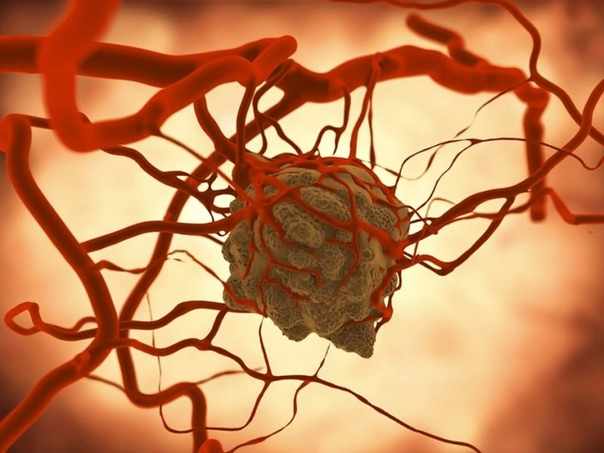
The biliary tract cancers market covers diagnosis and treatment of bile duct and gallbladder cancers. The market consists of various diagnostic tests such as blood tests, CT scans, endoscopic ultrasound, and MRI imaging to detect biliary tract cancers. The treatment landscape includes chemotherapy, radiation therapy, surgery, and targeted therapy. Biliary tract cancers are cancers that form in the bile ducts (tubes that carry bile from the liver to the small intestine) or gallbladder. Early symptoms include jaundice, abdominal pain, weight loss, and itchy skin. If detected early, biliary tract cancers can be treated through surgery. However, some patients require additional chemotherapy or radiation therapy based on the stage of cancer.
The biliary tract cancers (BTCs) market is estimated to be valued at USD 0.822 billion in 2024 and is expected to reach USD 1.196 billion by 2031, growing at a compound annual growth rate (CAGR) of 5.5% from 2024 to 2031.
Key Takeaways
Key players operating in the biliary tract cancers market are F. Hoffmann-La Roche Ltd, Johnson & Johnson, Sanofi, Bayer AG, and Bristol-Myers Squibb Company.
The growing prevalence of bile duct cancers and gallbladder cancers is driving the for Biliary Tract Cancers Market growth. According to the statistics, about 8,000 new cases of bile duct cancer are diagnosed in the United States every year. The risk factors such as primary sclerosing cholangitis and congenital abnormalities of the bile duct increase the risk of developing biliary tract cancers.
Technological advancements are expected to boost the biliary tract cancers market during the forecast period. Companies are investing in research & development of novel diagnostic technologies such as liquid biopsy for early detection. There is also a focus on developing targeted therapies and immunotherapies to improve clinical outcomes of advanced biliary tract cancer patients.
Market Trends
Increased adoption of biomarker testing - Biomarker testing helps identify patients that are most likely to benefit from targeted therapies. Biomarker testing for FGFR2 fusions and IDH1 mutations is gaining traction in the biliary tract cancers market.
Rising research into immunotherapies - Checkpoint inhibitors targeting PD-1, PD-L1, and CTLA-4 are being evaluated in clinical trials for treating advanced biliary tract cancers with promising results. This is expected to drive the use of immunotherapies in the coming years.
Market Opportunities
Growing prevalence in Asia Pacific and Latin America - Countries like China, India, Brazil are witnessing rising bile duct and gallbladder cancer incidence rates attributed to lifestyle changes and risk factors like liver flukes. This provides opportunities for market players.
Novel targeted therapies and drug combinations - Ongoing research efforts aim to develop targeted drugs with higher response rates either as monotherapy or in combination with existing treatments. Successful new drug approvals will further fuel the market growth.
IMPACT OF COVID-19 ON BILIARY TRACT CANCERS (BTCs) MARKET
The outbreak of COVID-19 pandemic has negatively impacted the growth of Biliary Tract Cancers (BTCs) market globally. The mandatory lockdowns and social distancing measures imposed by various governments across the world led to temporary closure of oncology facilities and deferment of cancer diagnosis and treatments. This adversely affected the demand for BTC drugs, imaging tests and radiotherapies utilized in the management of BTCs. The restrictions on travel and transportation further limited the access to specialty healthcare centers for BTC patients.
However, with relaxation in lockdowns and emergence of telehealth solutions, cancer care delivery is gradually resuming post lockdowns. The medical community realized the importance of continuing cancer care services using digital mediums. Numerous virtual consultations, remote patient monitoring systems and home delivery options for BTC drugs were implemented. Tele-oncology is expected to play a bigger role in facilitating uninterrupted care for BTC patients amid future pandemic waves. The demand for oral cancer drugs is also anticipated to increase as they allow self-administration and avoid hospital visits.
North America currently accounts for the major share of BTC market in terms of value, owing to high prevalence of biliary tract diseases, rising geriatric population and established healthcare infrastructure for cancer management. Europe is also one of the prominent regions due to growing awareness initiatives and availability of advanced treatment alternatives for BTCs.
Asia Pacific is poised to emerge as the fastest growing regional market for BTCs. Factors such as increasing healthcare spending, improving access to surgical and radiotherapy facilities, and rising affordability of cancer medications are likely to propel the BTC market growth across emerging nations of China, India and South Korea over next few years.
Get more insights on: Biliary Tract Cancers Market
Get this Report in Japanese Language: 胆道がん市場
Get this Report in Korean Language: 담관암 시장
Explore more related articles- Global Sodium Channel Blockers: An Overview
About Author:
Ravina Pandya, Content Writer, has a strong foothold in the market research industry. She specializes in writing well-researched articles from different industries, including food and beverages, information and technology, healthcare, chemical and materials, etc. (https://www.linkedin.com/in/ravina-pandya-1a3984191)




















Write a comment ...